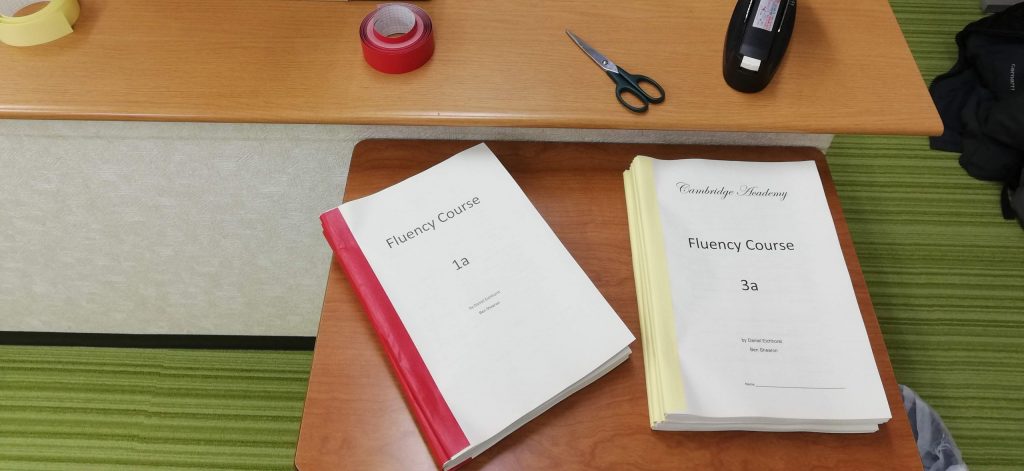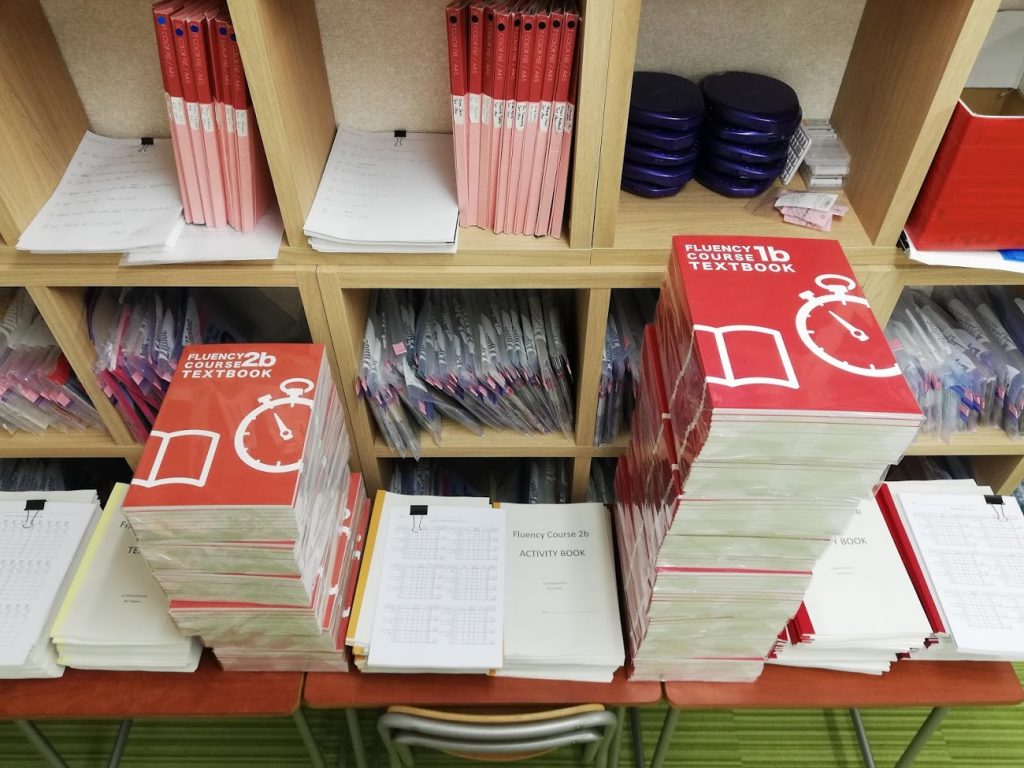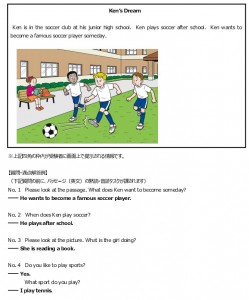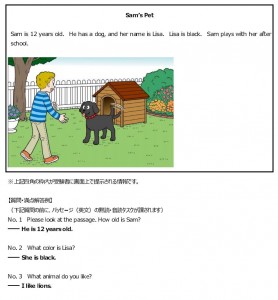Fluency Course Evolution II
This thing is evolving fast!

Getting ready for the new academic year, hopefully starting in April.
In the process of printing and editing the Fluency Course, we have happily stumbled onto a new iteration. The course is now fully modular.
We pulled everything out of the textbooks except the texts, so now we have a series of components that teachers can pick and choose from. The full course involves using all of them, of course, but it is now possible to use only the texts, for instance, or only the verbs/question cards/etc.
Right now the components look like this:
FLUENCY COURSE LEVEL 1
- Texts 1a -60 texts with comprehension questions divided into 24 units. Text length starts at 45 words at the start of the course and increases to 80 words by the end. Every fourth unit has a single, triple length text instead of the usual three texts per unit.
- Texts 2b -60 texts with comprehension questions divided into 24 units. Text length starts at 80 words at the start of the course and increases to 100 words by the end. Every fourth unit has a single, triple length text instead of the usual three texts per unit.
- Workbook 1 -writing practice of 240 questions and answers that match the conversation question cards.
- Verb practice 1 -48 verbs for oral practice with a written exercise.
- Vocabulary practice 1 -48 vocab quizzes based on the Quizlet and text vocab.
- Conversation question cards 1 -240 questions on index cards with model answers. For students to practice in pairs.
- Reference sheets 1 -vocabulary and questions with Japanese translations for each unit.
- Quizlet data sets -48, one for each unit of the text, including vocabulary and questions.
Levels 2 and 3 are also evolving in similar ways.
I think the most interesting components for most teachers will be the texts. This volume of texts at similar levels is difficult to find in existing commercial textbooks, particularly in ones aimed at Japanese students.
A close second will be the conversation question cards and accompanying workbook, and maybe the verb practice.
We will end up selling some of these, most likely the texts and workbooks, and giving away many of the others as digital downloads for teachers to print. It all seems to be coming together 🙂
STEP Eiken 4-kyu, 5-kyu Speaking Test from June 2016
Where are they going to find the interview testers???
I just read this press release/informational pamphlet on the STEP Eiken website (thanks for the tip, Mary!)
From June this year (ie the 2016-1 session of the STEP Eiken test) 5-kyu and 4-kyu will have a speaking test.
At first I was extremely surprised and wondered where they were going to find the interviewers to cope with these thousands of additional test, but then I read the content.
The new speaking tests will be online, can be done at any time, and will not affect whether students pass or fail the main STEP Eiken test. Instead students will receive an additional pass/fail certificate for the speaking test. I believe from the write-up that students will record their spoken answers and submit them via a website. Presumably Eiken will mark them using software, so it will be important to stick to the prescribed answer formats.
I’m guessing they will get those two annoying voice actors to do the audio (who is that woman, by the way? Sendai City got her to do the new subway line safety announcements, so now I have to listen to her every day rather than just for a couple of months a year…).
This is the content of the 4-kyu test.
And here is the 5-kyu.
As you can see (click on the graphics to make them bigger or just look at the original eiken version), they are both kind of watered down versions of the 3-kyu speaking test. Don’t know how they are going to guarantee the reliability of the test if students can take it at home with their parents or at school with their teachers, but I guess the stakes aren’t very high here and that’s why they decided to have it run parallel to (instead of be a part of) the paper test.
It’s probably a positive development and hopefully will put more emphasis on speaking skills for junior high school students. I don’t like that students have to read to answer the questions. It would be better to have them exclusively based on pictures and audio like the Cambridge YLE tests, but such is eiken 🙂
What do you think about the new speaking tests?
Sponsoring a Teacher Visa in Japan Part 2
Wait, that was it?
As Trevor rightly pointed out in Part 1, applying for a visa as an English teacher doesn’t really involve sponsorship, but I wanted to keep the title the same for the second post. More accurately we could describe the process as ‘supplying the necessary documents to prove a viable job offer to a teacher applying for a Specialist in Humanities visa’.
Anyway, a few weeks ago I went to the immigration office with our prospective new teacher (not necessary, we just wanted someone there from the school in case there were any problems with the paperwork). We took the following paperwork with us:
From the school:
- copy of the school’s tax return (as it is a personal business)
- copy of the pamphlet
- explanation of the school
- copy of the teacher’s contract
- <we missed something>
From the teacher:
- passport
- zairyu card
- photos
- revenue stamps
- application form
- resume
We went straight to reception and talked to a very pleasant lady who checked our documents and gave us a number. After about half an hour a case officer called us up. She was unsmiling and serious until she looked at our application, then she relaxed and started smiling. I took that as a good sign.
First of all she said we were applying very early (six weeks before our new teacher’s current visa runs out) to which we replied of course that we wanted to make sure we could deal with any problems in good time.
It turns out we had forgotten to fill in the 3rd-4th pages of the application form (the school has to fill this in and stamp it), and the case officer also wanted a copy of our teacher’s current employment certificate (jirei). We could send both documents by post within the following couple of weeks. Then she said we could go.
And that was it. Very painless, even with us having messed up the paperwork.
Last week our teacher emailed me saying the notification postcard had arrived, and the visa could be collected on the first working day of August. A huge relief and a big milestone for our school: first teacher visa enabled!
Please post any questions or anecdotes in the comments below.
LIA
A huge thank you to the teachers and staff at LIA. Your enthusiasm, friendliness, and warm welcome made this week very easy for me.
Hope to see you again soon!




